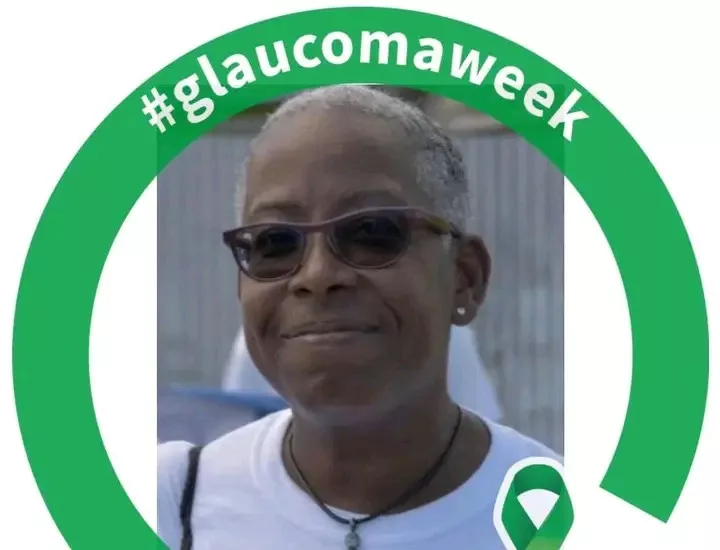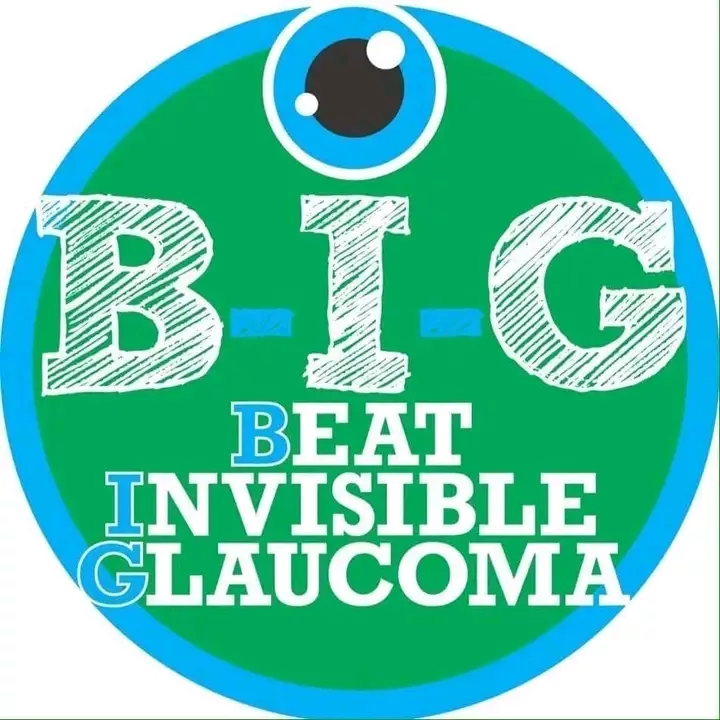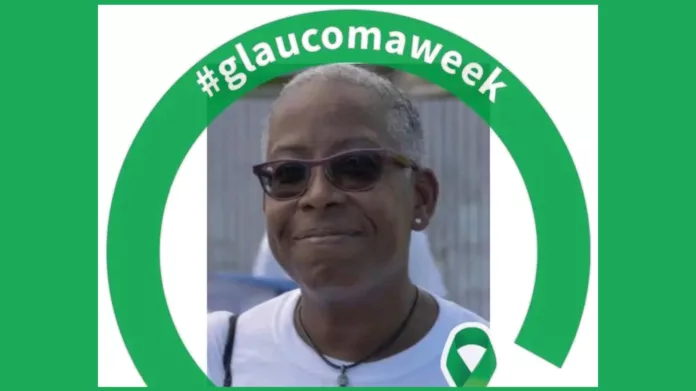By Barbara Arrindell
We may not have seen as much happening to commemorate World Glaucoma Week this year, but that does not suggest in any way that the disease is going away. Organisers are simply shaking off the Covid-19 cobwebs that restricted their activities over the last few years. They are now enlisting the help of various groups to ensure that the campaign continues all year long.
I was able to speak with Dr Jillia Bird, the nation’s well-known advocate for glaucoma testing and treatment.
Question: Dr Bird, it’s been a few years since you were able to do in-person outreach to mark the week. What was happening, as it concerns glaucoma during the pandemic?
Dr Jillia Bird: Our campaign really took a hit over the two to three years of the pandemic. We were able to continue radio and TV appearances, but group gatherings were disallowed and public clinics were closed periodically. I found that even though I kept my private office open throughout, there was tremendous fear of contracting Covid-19, so many patients stayed away. Our annual World Glaucoma Week observance in March was cancelled for several years on a stretch, not only due to Covid restrictions, but pre-Covid it was disrupted on account of political campaigning. We found our efforts competing with whistlestops and similar events.

Question: Have there been any changes in demographics concerning people affected by glaucoma over the years?
Dr Jillia Bird: To my knowledge, no stats have been published locally, but we continue to extrapolate the 1991 Barbados Eye Study numbers to our almost ethnically identical Eastern Caribbean populations. From this, we know that 1 in 11 over the age of 40 will have glaucoma. The occurrence rises with age and we know that 1 in 7 people over age 70 are living with glaucoma.
Question: What’s the greatest stumbling block when it comes to care?
Dr Jillia Bird: Unfortunately for us, Open Angle Glaucoma, the most prevalent of this group of diseases that damage the optic nerve, is very asymptomatic in its earliest stages. Patients have literally ZERO signs or symptoms and even doctors have to be looking for it, to detect it. Even in moderately advanced disease the brain is very adept in erasing blind spots in the vision. Herein lies the need for mass education and even after 32 years of pushing the message of EARLY DETECTION and lifelong compliance with treatment, I’m sad to say the message has still not TIPPED sufficiently to change behaviours across the population.
Question: The 1991 study is over thirty years old. Is that a concern for people in your profession?
Dr Jillia Bird: YES! We are totally disillusioned that we’re using 30+ yr old figures to decide how well we’re doing with a blinding disorder. It is especially painful for me because I was the sole Caribbean optometrist collecting that data between 1989 and 1991 alongside a Scottish ophthalmologist, Ms Anthea Connell, who is now deceased. We were assisted by a group of ophthalmic nurses and reported to the Reading Centre at SUNY AT STONYBROOK, Long Island NY. But I should acknowledge that other smaller studies have been done in prominently black populations since. Studies in Ghana, St Lucia, and Trinidad all confirmed that glaucoma blindness is way higher than it needs to be.
Question: Of the 1 in 11 and then 1 in 7 numbers that you mentioned earlier, what percentage of those people become blind?
Dr Jillia Bird: I can’t give the statistics for each age group but we know that approximately 33% of people diagnosed with glaucoma are going blind, and we know that for many of them, it is avoidable. We also know that when compared to other things that cause or contribute to all blindness, things like diabetes, trauma, tumors and others, glaucoma claims the lion share. This means that many of the people who lose their sight could have retained it if tested earlier and if they complied with the treatment regimen.

Question: How long does it take for someone to lose his or her sight from the onset of glaucoma if not treated?
Dr Jillia Bird: That’s a difficult one to answer accurately because so many variables come into play. It can be different for each person. It probably takes about 25 years to kill a nerve outright without any intervention. But again, it’s hard to quote that with no knowledge of all the variables that impact the patient. Things like low blood pressure, high blood pressure, poor circulation, head injuries and diabetes can all have an impact.
Question: How much sight time can be preserved if caught early and treated?
Dr Jillia Bird: The damage is slowed down considerably with treatment, but science is revealing the optic nerve is affected by way more than we ever thought. The research continues.
Question: What’s your vision beyond this week of activities?
Dr Jillia Bird: My vision, my hope, is that folks will allow my message to reach its Tipping Point and let’s see a change in public behaviour as it relates to WELL EYE CHECKS because of our high risk factors prior to the onset of symptoms. SIMPLY PUT: KNOW YOUR FAMILY HISTORY. Do Annual Well Eye exams to allow EARLY DETECTION of glaucoma. Compliance with treatment for life, if diagnosed, is essential. As with everything else, we must maintain a HEALTHY LIFESTYLE from birth, so parents must help children to create healthy habits. This is the recipe for avoiding sight loss.
Thoughts and views expressed in Observations do not necessarily reflect the opinion of Observer Newsco, its management or staff.

